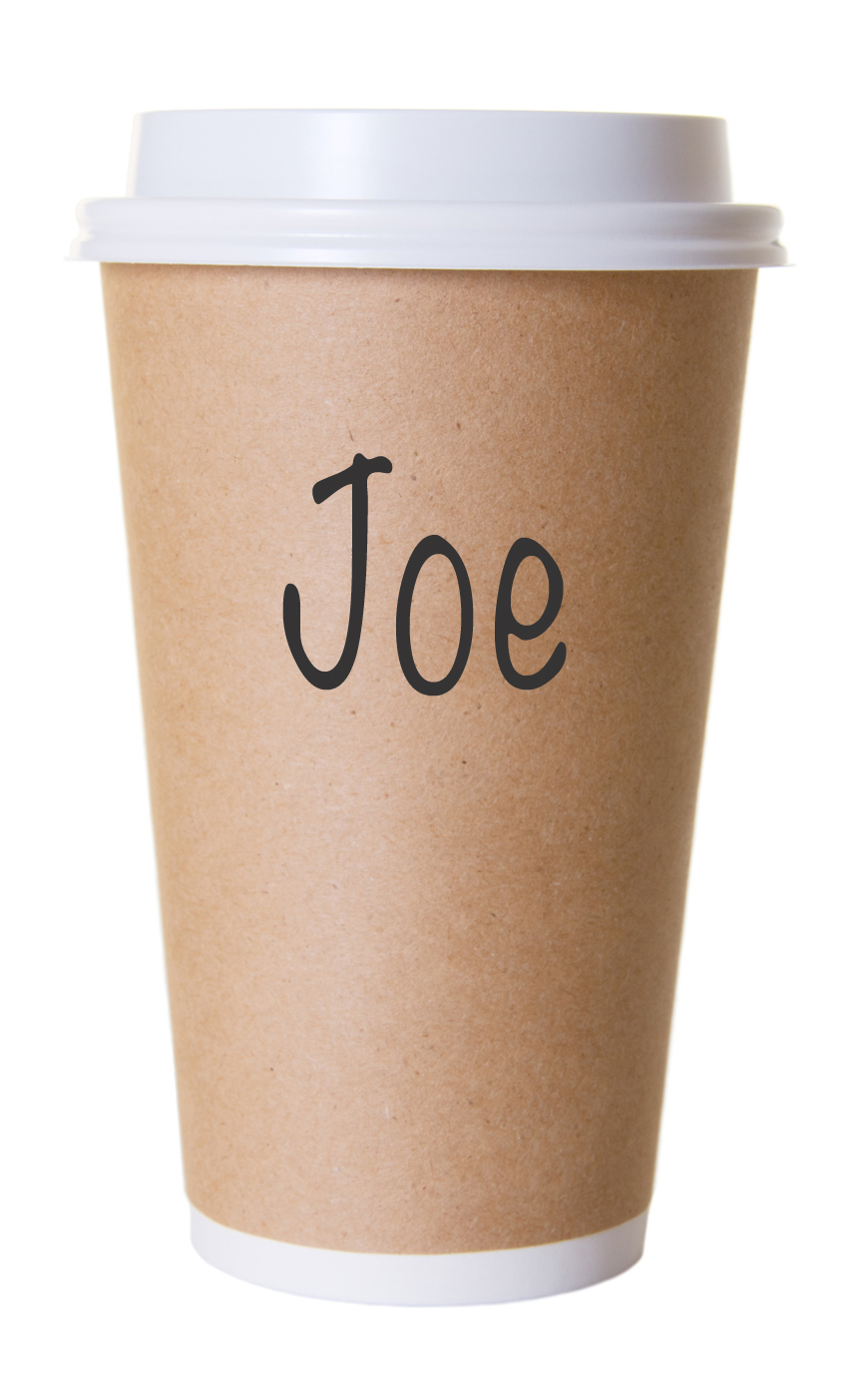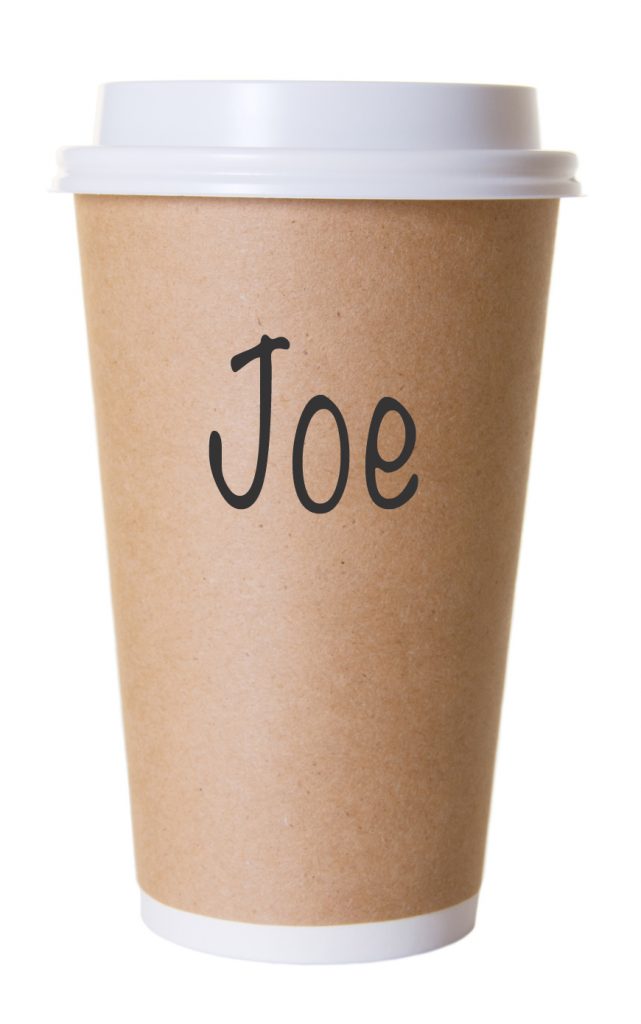Pour yourself a steaming cup of facts.

The big problem with this story: It’s not true. First of all, alcohol had been banned on naval ships since 1862, except for wine for officers. All Daniels did was remove the officers’ wine ration. Since there aren’t many officers (as opposed to regular sailors), there wouldn’t be enough people to throw the slang “joe” into the common vernacular. Further, linguists say that “joe” first appeared in print in 1930—almost two decades after it’s introduction. It doesn’t seem likely that a phrase would be used verbally but never printed in any way for 17 years.
The truth is that “joe” does originate from the Navy, just not in that way. The phrase appears in the 1931 edition of the Reserve Officer’s Manual in a section about helping officers understand sailors’ slang terms. “Jamoke, Java, Joe. Coffee. Derived from the words Java and Mocha, where originally the best coffee came from.”
Joe, then, is likely a shortening of “Jamoke,” which itself is a contraction and corruption of “Java” and “Mocha,” two islands once dominant in coffee production. (Java is in Indonesia; Mocha is off the coast of Chile). “Java” is still used as a slang term for coffee; “mocha” now describes a drink that consists of coffee mixed with chocolate and milk.








